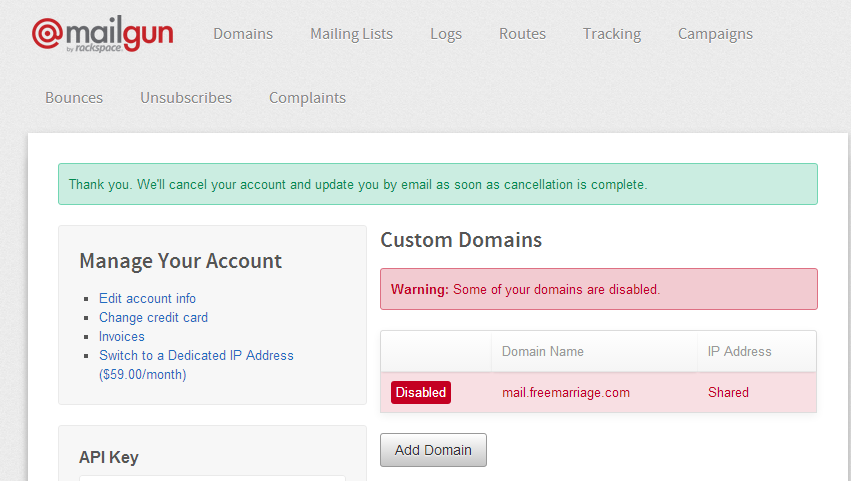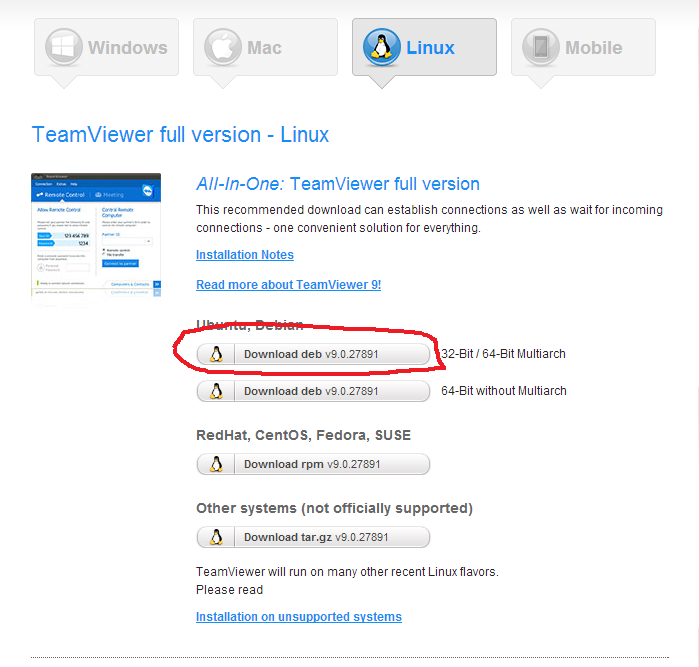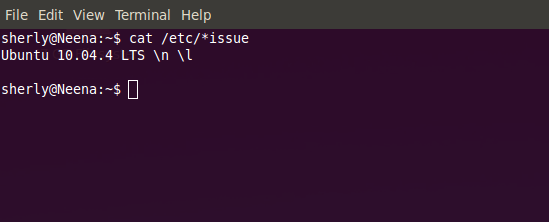Author Archives: admin
MySQL Notice: Error: Can’t open file: ‘./DB_NAME/TABLE_NAME.frm’
MySQL on a server stopped working with out any reason. This was a new server. I tried to change ownership of DB folder thinning it was some permission/ownership related error. Even after chown, still getting same error. Solution Problem was
Installing nslookup in Ubuntu
Today i tried to run nslookup on a Ubuntu VPS It was Ubuntu 12.10 To find which package provides nslookup command, use apt-cache search We found 2 packages that is related to nslookup. First one is what we need. Second
MailGun.com experiance – account suspended for 5 bounce mail.
Recently we started loving MailGun, implemented MailGun in some of the customer projects, because it is too easy to use. Instead of using normal PHP mail() function, you use the code provided by MailGun to sent mail through MailGun servers.
Install TeamViewer on Ubuntu 14.04 64 bit
Latest Ubuntu 14.04 have something called Multiarch. That means, you can run 32 bit binary in a 64 bit OS. Atleast that is what i understand 🙂 You can read more about Multiarch at https://wiki.debian.org/Multiarch So you need to install
Changing Ubuntu APT mirror from commandline
Last day i removed GUI from Ubuntu installation as i don’t need GUI in development machine. Today i run apt-get, found it is downloading packages from server located in USA. I need it to download files from Indian Ubuntu mirror
Uninstall GUI from Ubuntu 14.04 LTS
I installed Ubuntu 14.04 LTS on my development machine. I don’t want GUI, i could download Ubuntu Server ISO and install it, but i have ISO for Ubuntu Desktop, so i decided to install Ubuntu normally, then un-install GUI. First
OTRS check if DB connections are ok
/opt/otrs/bin/otrs.CheckDB.pl Can check if DB connections are setup properly. On the installation, we have an error This is because user table is empty.
How to uninstall asterisk on Ubuntu
Lets get list of packages installed by asterisk To uninstall a package, you need to use So, lets first remove asterisk package. In most cause, it will remove all dependency. If not, check with dpkg -l and un install remaining
Installing Sun Java on Ubuntu
Download JDK from http://www.oracle.com/technetwork/java/javase/downloads/index.html For 32 bit systems For 64 bit systems Extract it and move it to /var/lib/jvm Set it as default Java Run following commands to make sure new java installation is the default To activate Browser plugin,
How to find Ubuntu Version
To find Ubuntu version, run cat /etc/*issue On Terminal.





